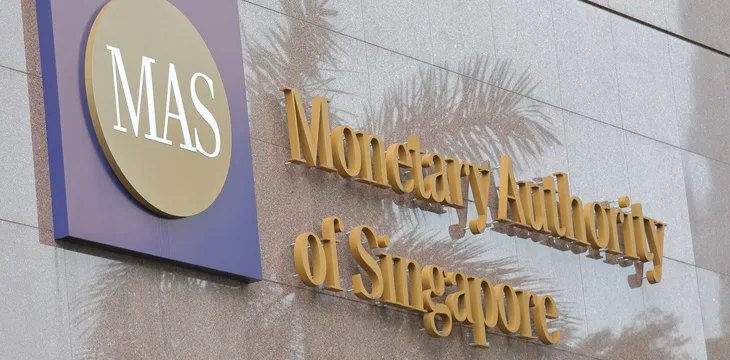|
Getting your Trinity Audio player ready...
|
Singapore’s financial market regulator has handed the two founders of collapsed digital asset hedge fund Three Arrows Capital (3AC) a nine-year ban from capital market activities.
The Monetary Authority of Singapore (MAS) announced last week the nine-year prohibition orders against Kyle Davies and Zhu Su for violating the country’s Securities and Futures Act.
The order prohibits the two from engaging in “any regulated activity and from taking part in the management of, acting as a director of or becoming a substantial shareholder, of any capital market services firm under the SFA.”
In June 2022, the Singapore central bank and chief financial regulator reprimanded the two for providing false information about 3AC’s operations.
The watchdog said it has investigated the hedge fund more since then and uncovered additional violations of the country’s laws. They include the firm’s failure to notify the MAS of the employment of Cheong Jun Yoong Arthur as a portfolio manager.
3AC also falsely presented to the MAS that Cheong wasn’t involved in the operations and didn’t carry out any regulated activity on behalf of the fund. However, the watchdog said Cheong had been performing fund management activities on behalf of the fund from August 2020 to September 2021.
Additionally, Su and Davies failed to implement an appropriate risk management framework to identify, assess, and respond to risks associated with its ‘crypto’ hedge fund.
“Senior management of fund managers are required to implement robust risk management measures to protect the interest of investors,” commented Loo Yee, the MAS’ Director of Policy and Financial Crime.
“MAS takes a serious view of Mr Zhu’s and Mr Davies’ flagrant disregard of MAS’ regulatory requirements and dereliction of their directors’ duties. MAS will take action to weed out senior managers who commit such misconduct.”
The regulator will not charge Cheong, the 3AC employee, in connection with his role in the violations, a spokesperson for the MAS told a local newspaper.
“Our investigations show that Mr Zhu and Mr Davies are primarily responsible for Three Arrows Capital’s breaches. We will not be taking actions against Mr Cheong in respect of Three Arrows Capital’s breaches.”
Before its collapse, 3AC was one of the largest digital asset hedge funds in the world. Davies and Su, who schooled together and both worked at Credit Suisse (NASDAQ: CSGKF), managed over $10 billion at the fund’s peak.
It all came crashing after the collapse of Terra’s UST and LUNA tokens early last year. Su and Davies had bet big on the two tokens, and shortly after their failure, their hedge fund imploded, and with it, dozens of the industry’s largest firms. The effects are still being felt today, with conglomerates like the Digital Currency Group (DCG) still trying to recover from the fallout.
Davies and Su, on their part, have tried to shake off their massive failure with 3AC, launching the Web3 claims trading platform OPNX. It has not panned out as planned, with the new exchange drawing the ire of Dubai regulators. The city’s digital asset regulator slammed OPNX with a $2.7 million fine last month for operating without a proper license.
Follow CoinGeek’s Crypto Crime Cartel series, which delves into the stream of groups—from BitMEX to Binance, Bitcoin.com, Blockstream, ShapeShift, Coinbase, Ripple,
Ethereum, FTX and Tether—who have co-opted the digital asset revolution and turned the industry into a minefield for naïve (and even experienced) players in the market.

 02-16-2026
02-16-2026 




